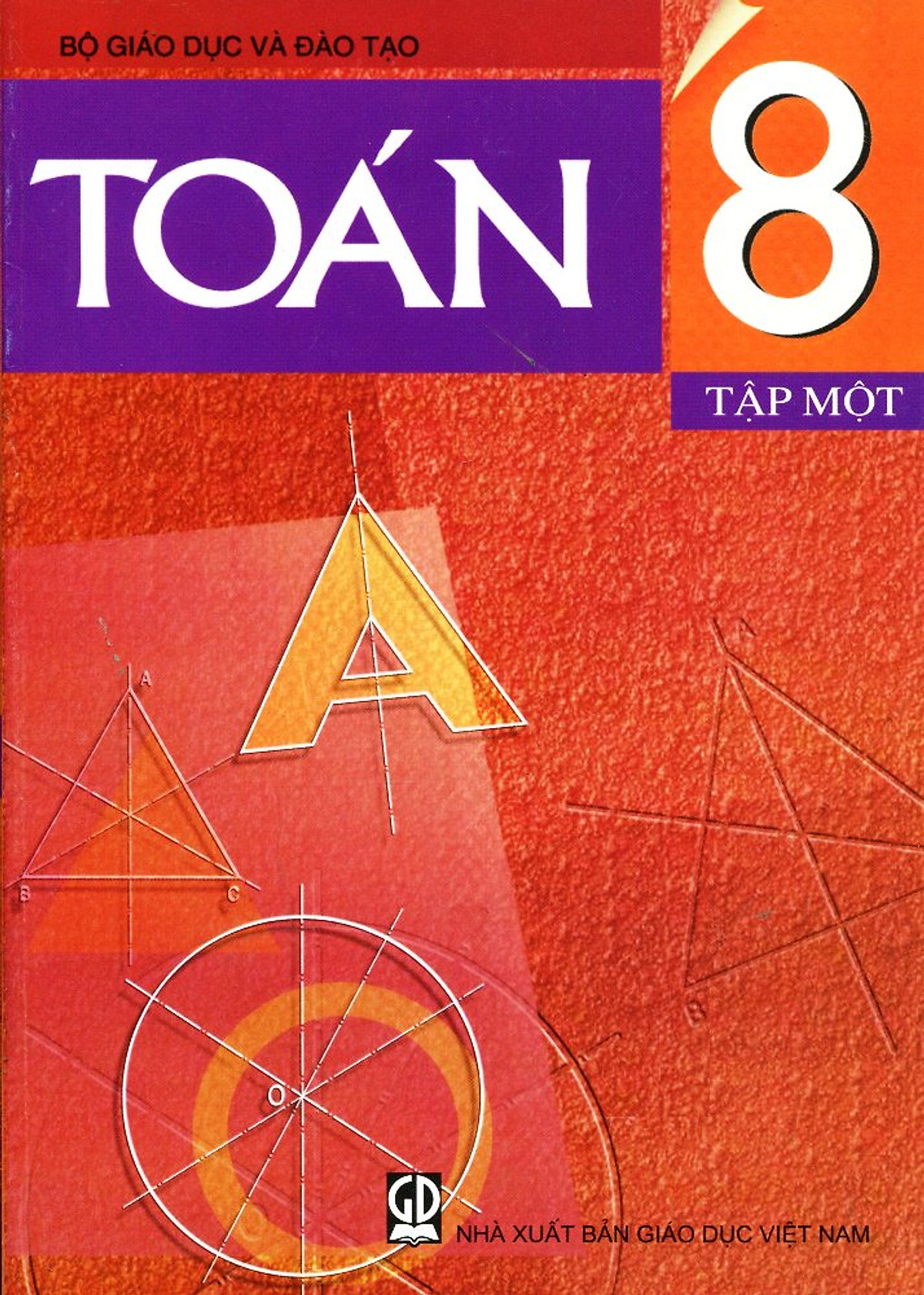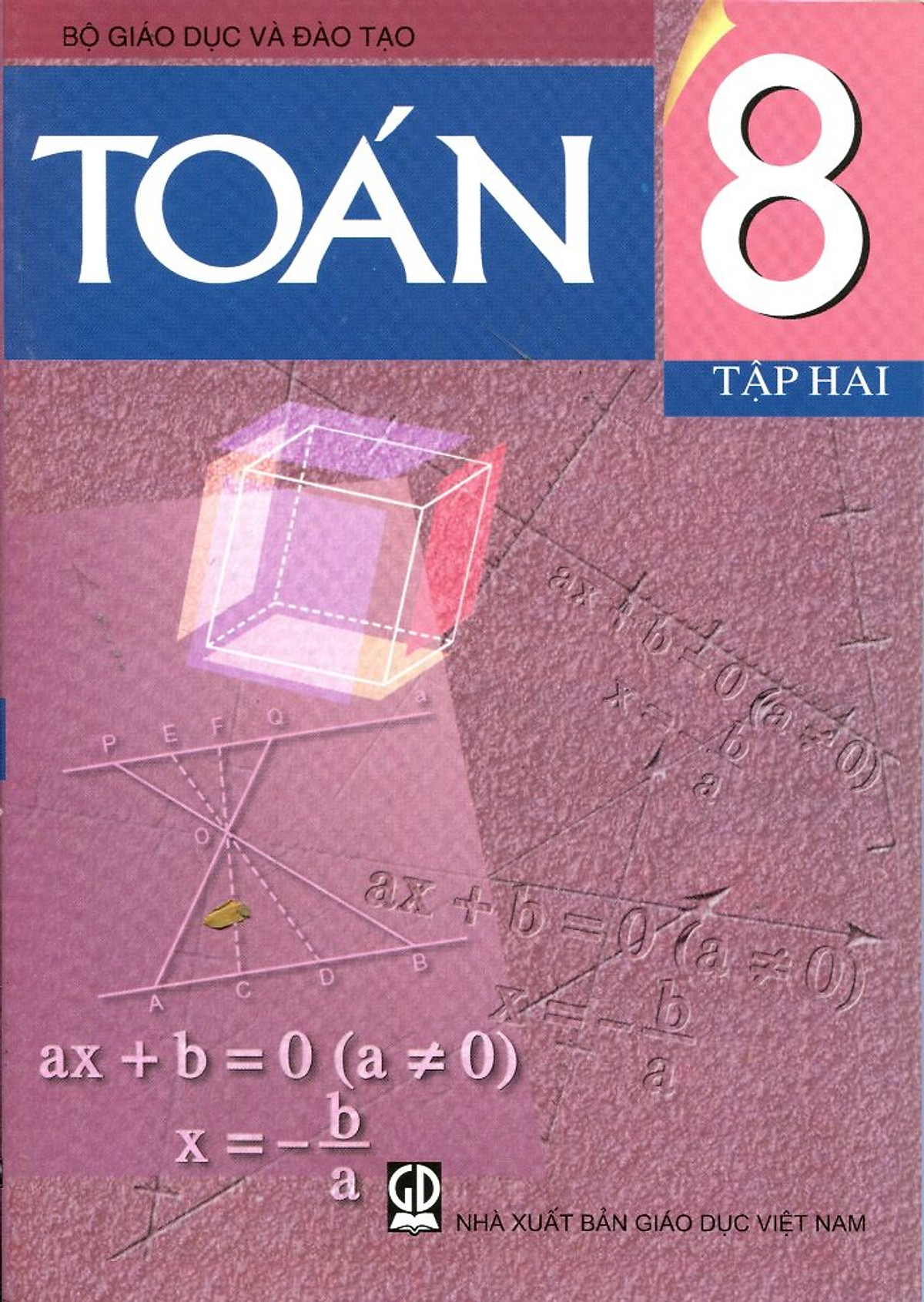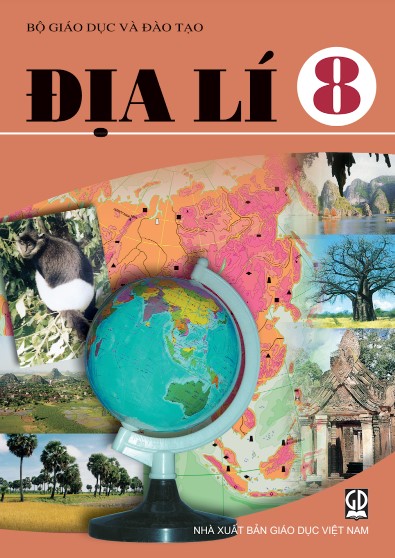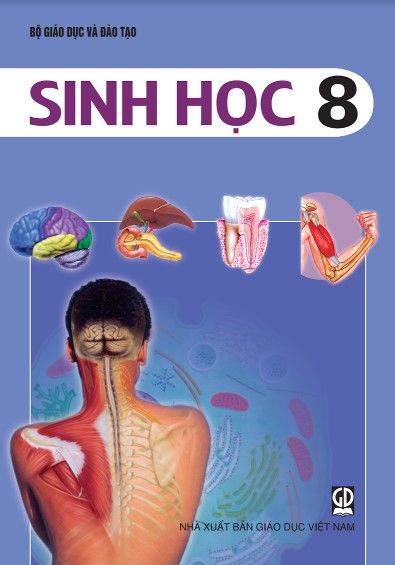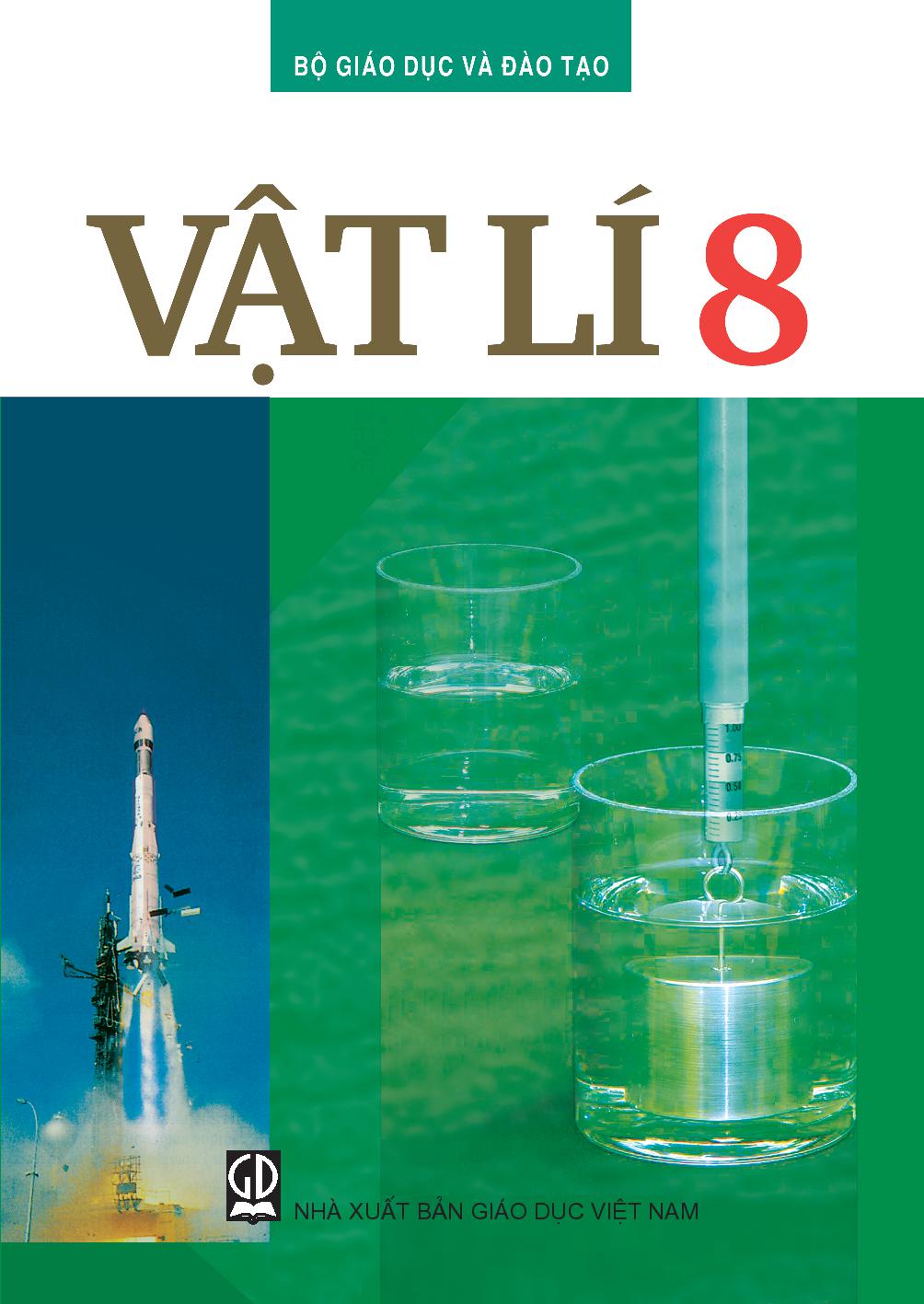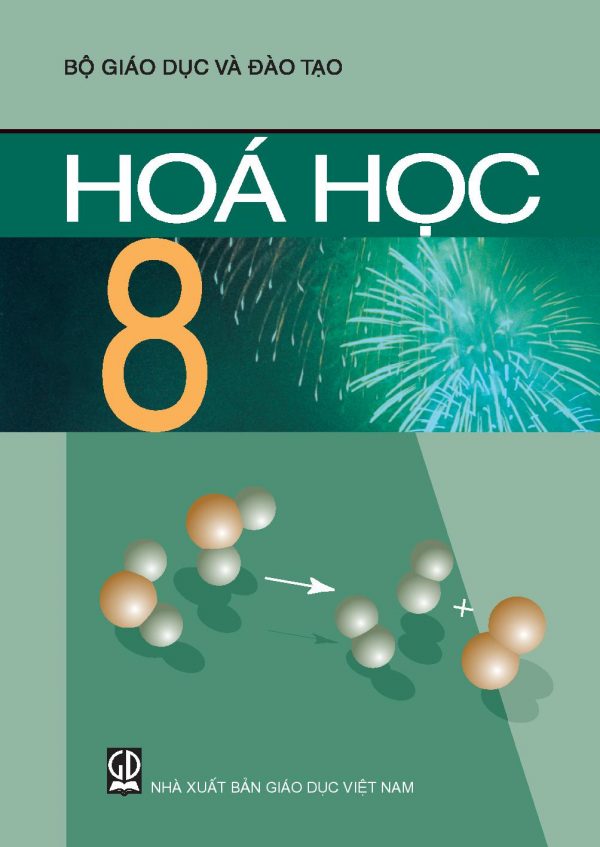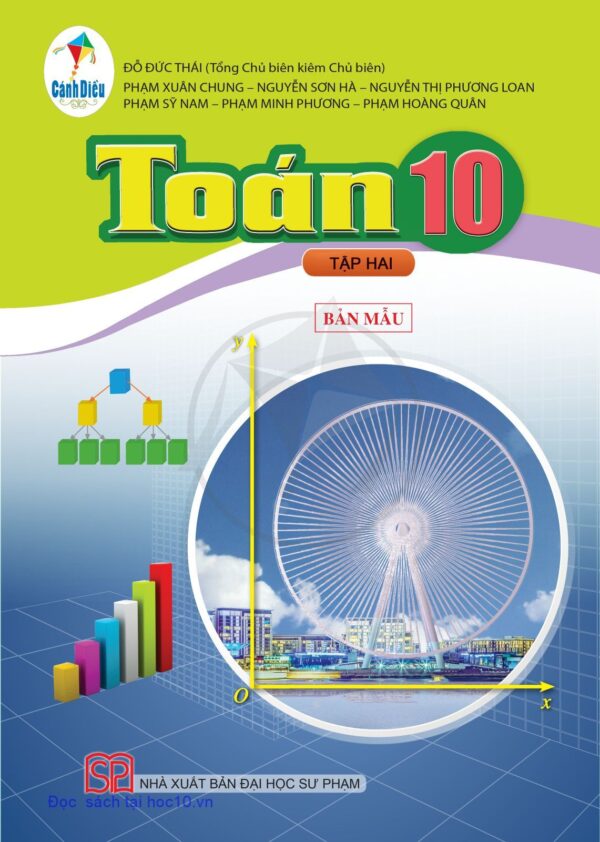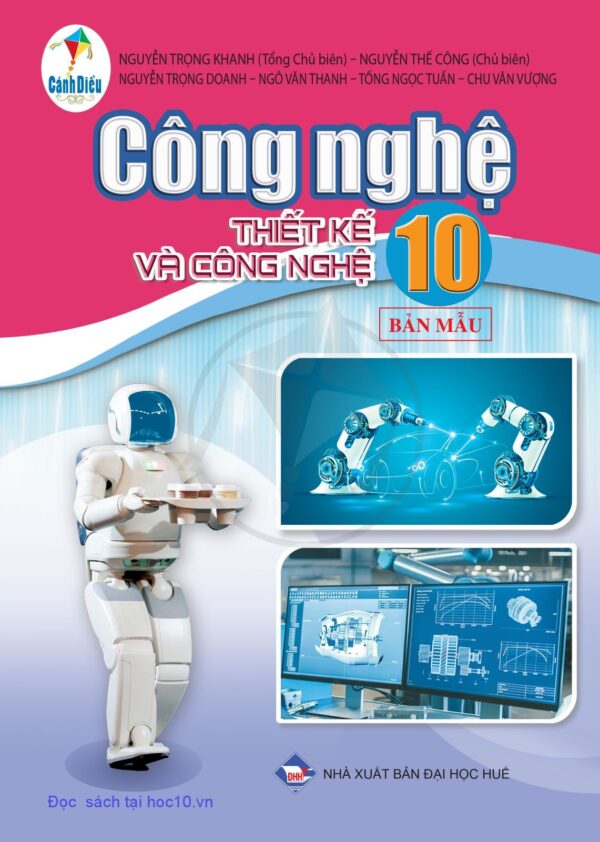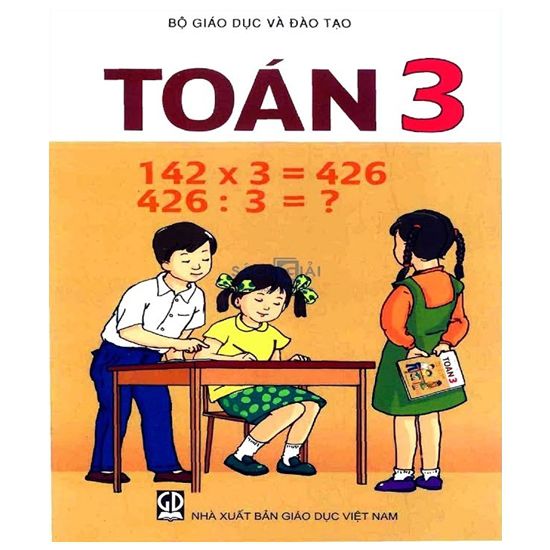(Page 162)
UNIT 12 WHICH IS THE BIGGEST PLANET?
| SIMPLE PRESENT (PRESENT ACTIONS) |
| The Earth orbits the Sun. The Moon doesn't have an atmosphere. |
| SIMPLE PRESENT (FUTURE ACTIONS) |
| The rocket takes off in 30 minutes. The ship stops at the space station tomorrow afternoon. |
(Page 163)
| PRESENT PROGRESSIVE (PRESENT ACTIONS) |
| The astronauts are waiting for takeoff. Voyager 1 is exploring beyond our solar system now. |
| PRESENT PROGRESSIVE (FUTURE ACTIONS) |
| They are starting their training next week. The astronauts are giving a presentation to some students on Friday. |
| FUTURE WITH WILL |
| Space tourism will become common in the future. The comet landing will give scientists important data to study for many years. |
| SIMPLE PAST |
| The scientist William Herschel discovered Uranus in 1781. The lander touched down on the comet in 2014. |
| PAST PROGRESSIVE |
| Apollo 13 was traveling to the moon when there was an accident. NASA was planning to launch last Saturday but they delayed it. |
| USED TO |
| Pluto used to be a planet, but it's not called a planet anymore. Scientists used to think Venus was like Earth. |
| PRESENT PERFECT |
| People have looked up at the stars for thousands of years. I have read many books about space and space travel. |
| FIRST CONDITIONAL |
| If we build a space station on Mars, we will learn a lot. Your body can become weak if you spend a long time in space. |




